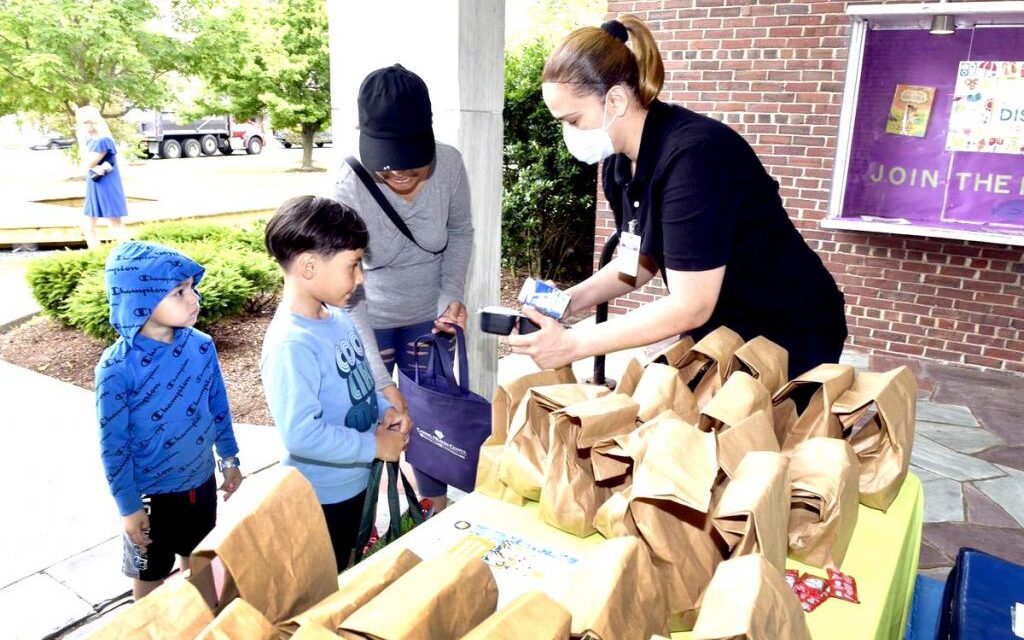A new study by researchers at Harvard University and the University of Washington found that pandemic programs to provide meals to kids when schools closed reached millions of families and helped address food insecurity.
With the programs coming to an end this school year, advocates and researchers are worried about rising levels of food insecurity.
“The pandemic led to waivers and additional flexibilities for schools over the last couple of years that allowed many families to receive meals at no cost. Some of those flexibilities are ending as the new school year begins, and we’re heading into a new shift,” said Eleni Towns, associate director of the No Kid Hungry Campaign.
During the pandemic, the federal government authorized a universal meals waiver that provided free meals to all students, with many schools using a grab-and-go model, as well as a pandemic EBT program that loaded payments onto cards for income-eligible families to be able to buy food at grocery stores.
According to the August report, P-EBT reached 26.9 million of the 30 million children whose families qualified based on income, while 8 million children not eligible for P-EBT benefitted from grab-and-go meals, an effort which provided a total of 429 million meals a month over the last two years.
“This study suggests that, in many states, P-EBT can reach the most eligible children at relatively low cost to the government, while a meal distribution model such as grab-and-go school meals can also ensure families directly receive meals and reach children beyond those who are P-EBT-eligible,” said James Krieger, senior author and clinical professor of health systems and population health in the UW School of Public Health.
In Alabama, 13% of Alabama families with children told the Census Bureau that they either sometimes or often didn’t have enough food to eat, and an estimated 485,000 children benefited from the state’s most recent round of P-EBT payments.
“In Alabama and across the country, school meals are a critical resource that meet kids where they are for most of the day, and these federal waivers have been a really strong way to provide food insecurity intervention,” Towns said.
On July 20, the House Committee on Education and Labor released the Healthy Meals, Healthy Kids Act, a proposed child nutrition reauthorization bill. Researchers believe the bill will increase food access to children, but it is not yet clear if it will pass.











